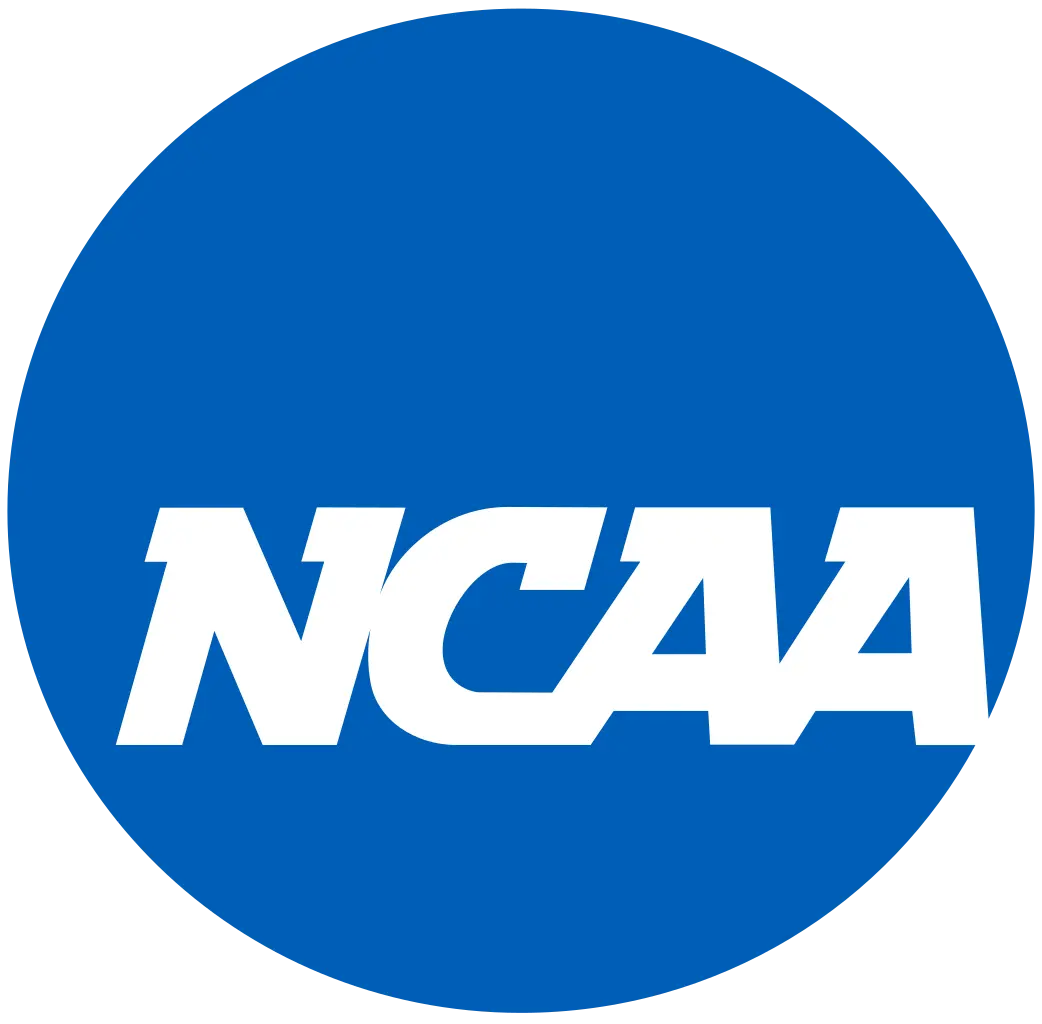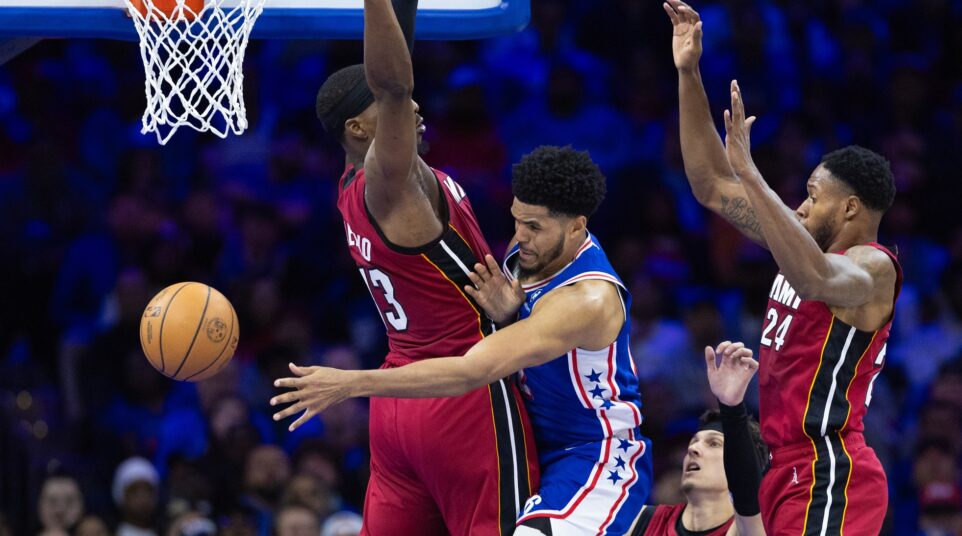
Democratic Senators Introduce "Bill of Rights" for College Athletes
One of the hotter topics of recent years is the current collegiate athletics model and whether or not its fair to the ‘student athletes.’
For many years the NCAA has overseen all aspects of the amateur sports world, from athlete pay to likeness and usage in video games and other media. The age old argument typically centers on whether athletes on scholarship also deserve a part of the revenue that they themselves generate.
This has now resulted in Democratic senators Cory Booker and Richard Blumenthal introducing in Congress a “College Athlete Bill of Rights,” which would, via ESPN:
“…create sweeping changes for college sports, including provisions that would force some schools to share revenue with some of their athletes, guarantee lifetime scholarships to athletes in good academic standing, establish health and safety rules enforced by hefty fines for violators, and set up a fund to cover some out-of-pocket medical expenses for current and former athletes.
The rules and requirements laid out in the bill would be enforced by a newly formed Commission on College Athletics, which would be run by nine board members who are appointed by the president of the United States. They would hire a staff to resolve disputes, suggest changes to rules and investigate wrongdoing with the power to subpoena witnesses. This group, which would receive $50 million in taxpayer funding for its first two years, would take on a lot of the work of policing college sports.”
Among some of the specific things not mentioned in that passage, the bill would also allow the following:
- athletes can sign endorsement deals with a “wide variety” of companies
- can sign deals with non-affiliated apparel brands
- the ability to hire agents and secure group-licensing fees
- no-penalty transfers, i.e. you wouldn’t have to sit out for the year
- you can enter a professional draft without losing eligibility
So on and so forth. It basically just introduces a new set of rights for college athletes and would lift a lot of the restrictions currently imposed by the NCAA.
The real question is whether or not the legislation can pass Congress. There are a number of other proposals on the table, some from Republicans, that are a bit more limited in scope and don’t go as far as this bill does. Those bills have mostly been focused on name, image, and likeness, which the NCAA has recently been open to relaxing in the restrictions department. But the bottom line here is that both parties think the current setup is not working, so we may end up with the ULTRA-RARE bi-partisan compromise here on college sports reform.
Here’s a good write-up if you wanna read more:
Lots to unpack:
-Revenue numbers easily manipulated, what can be rolled into a “scholarship”
-50% share great reason for power 5 to pull away
-Maneuvering of apparel companies would be fascinating
-Draft rules are interesting when building a roster https://t.co/Xg4J9gmfdk— Cole Cubelic (@colecubelic) December 17, 2020





